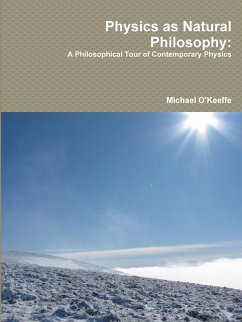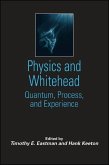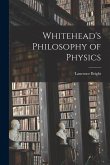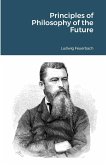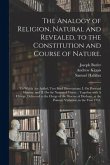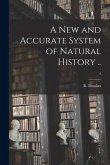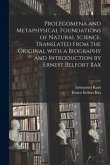The book offers an entry-level introduction to the more important points of intersection of Physics and Philosophy. Until the second half of the twentieth century, physics and philosophy enjoyed a harmonious and mutually beneficial relationship. The leading theorists of the period - such as Einstein, Heisenberg, Bohr, Pauli, and Schrodinger - had a keen interest in philosophy, with some (for example, Max Born) viewing the two areas as coextensive. The latter part of the century saw the development of a rift between the disciplines which has progressively deepened. The current situation is one of indifference towards philosophy on the part of the overwhelming majority of physicists and outright hostility from others (including Steven Weinberg, Leonard Susskind, and the late Stephen Hawking and Richard Feynman) who celebrate the disjunction and promote a vision of science, and physics in particular, as a universal and unrivalled explanatory scheme. This book aims to challenge this stance.
Hinweis: Dieser Artikel kann nur an eine deutsche Lieferadresse ausgeliefert werden.
Hinweis: Dieser Artikel kann nur an eine deutsche Lieferadresse ausgeliefert werden.

